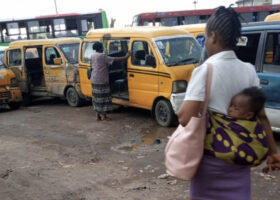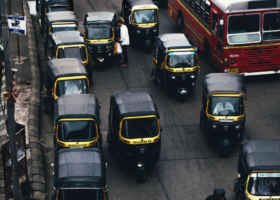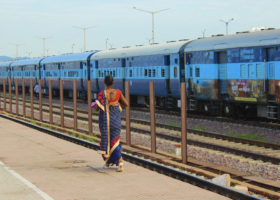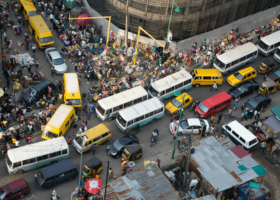Women and girls’ mobility is critical on many levels. Without access to effective transport women cannot access the food and healthcare they need for household survival. They cannot get to work or run businesses, and their vital contribution to economies is stifled.
Yet transport is not inclusive for women and girls, particularly in low-and middle-income countries (LMICs), and the COVID-19 pandemic has spotlighted and grown existing inequalities.
Our research examines the intersection between gender, transport and poverty as well as highlighting concerns around women’s safety and security on public transport.
We explore the policies, strategies and tools needed to enhance women’s inclusion in public transport in LMICs.
The Situation
HVT research found that:
- Less than 1.8% of Resource Poor Women in Delhi, India, have access to a personal vehicle, where there are 616 vehicles per 1000 people
- 50% of women interviewed in Mekelle, Ethiopia, said they had faced harassment on public transport.
Our Impact
The EMPOWER project’s SHE-CAN online tool assists policy makers and transport providers in sub-Saharan Africa to collect data on the sexual harassment that women face when travelling in their cities.
- The tool highlighted the importance of telematic services to report sexual harassment on public transport in Nigeria. The Abuja Urban Mass Transport Company are now fitting vehicle with cameras and devices that allow drivers to communicate in real time and report cases of sexual harassment.









